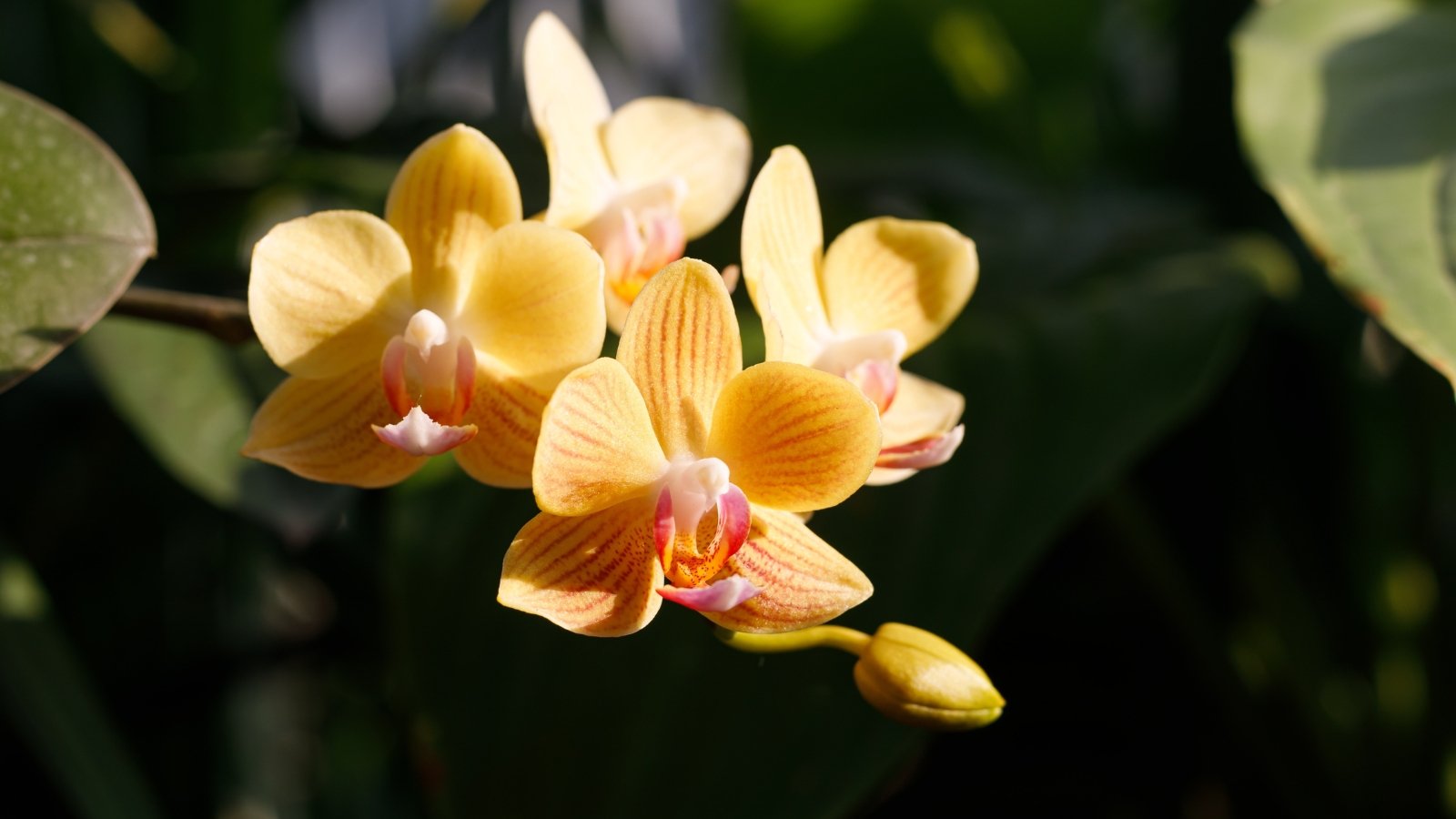[ad_1]
Orchids are a couple of of probably the most notoriously widespread houseplants, and for good motive. They’re merely enchanting when in bloom. Most steadily, we purchase orchids whereas they’ve flowers on them. How else would they seize our consideration if not for his or her distinctive and opulent flowers?
It could be difficult to contemplate these tropicals as having a season. How will you always uncover them in the marketplace in bloom within the occasion that they flower seasonally? There is a reasonably priced reply to this, and as you study on, you will likely decide the best way it’s carried out.
We’re going to take care of encouraging your orchid to flower on its common schedule, though, since that is when it ought to occur most naturally. In case you be aware of its desires, you will know exactly what to do to help provoke the flowering course of. So, merely how normally do they bloom, and when do you need to rely on to see some flowers? Let’s dig in.
The Fast Reply
Most orchids flower a few occasions per yr. The timing and frequency with which your orchid will bloom relies upon upon plenty of components. The type of orchid and its location are determining components. Environmental components moreover have an effect on bloom time and frequency. Shifts in mild and temperature set off flower enchancment in most species. Orchids are heavy feeders, so moreover they reply properly to frequent fertilizing.
The Prolonged Reply
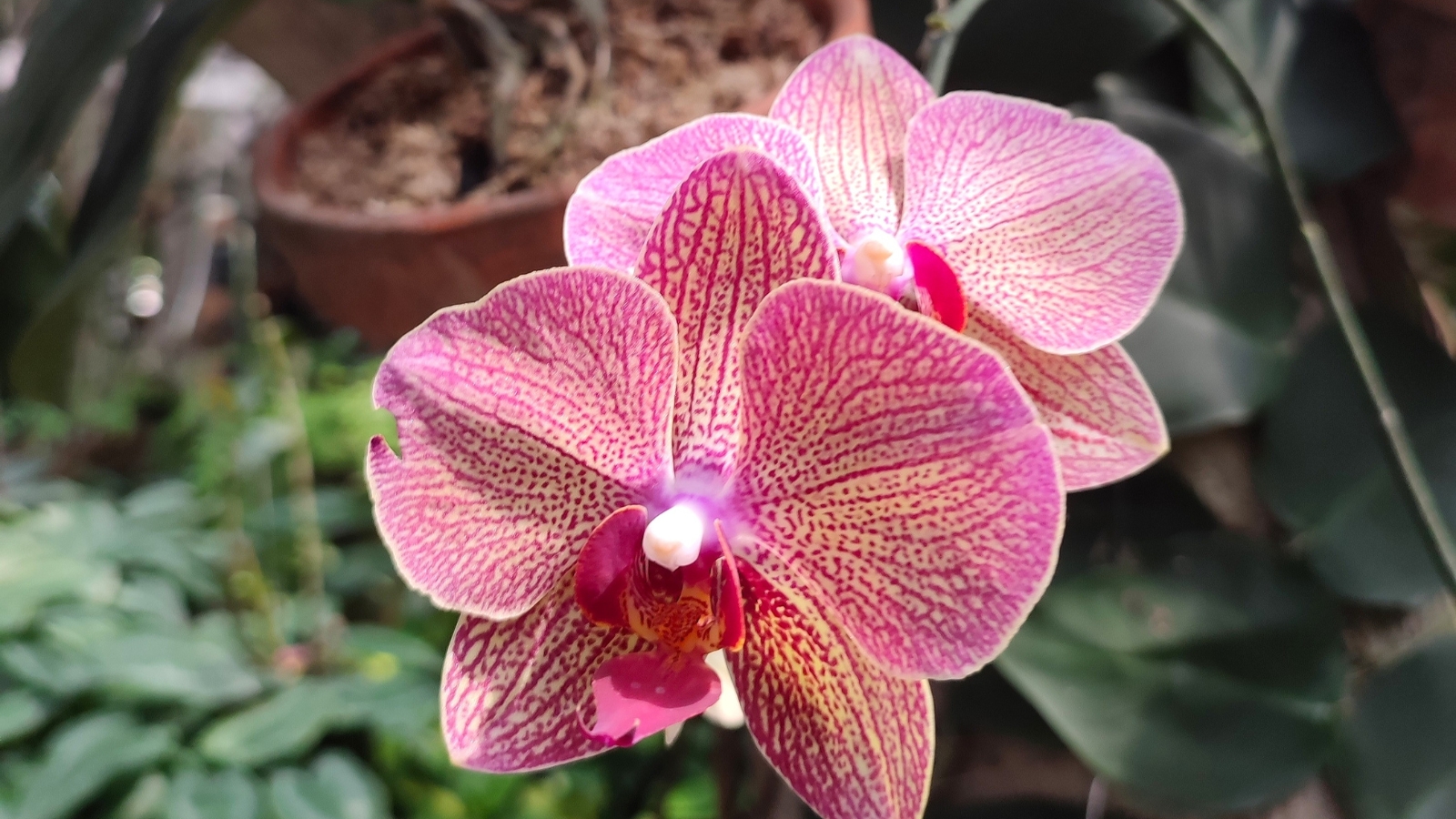

Convincing your orchid to bloom is one factor of an paintings and requires understanding your specific plant and its habits. There are types that flower all through every part of the yr. I’m proper right here to discuss when to rely in your plant to bloom and what it should get there.
What Type of Orchid Do I Have?
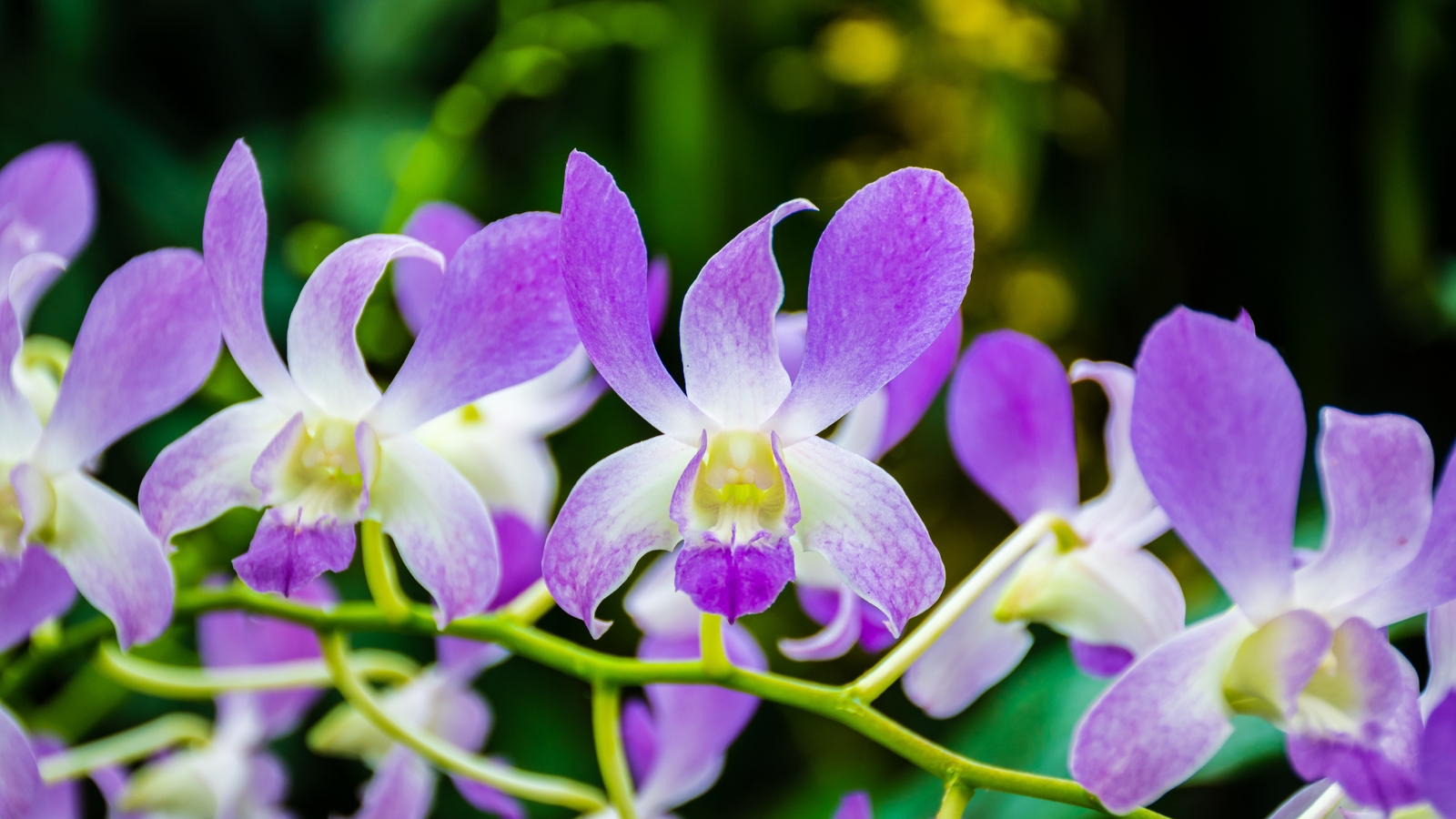

With spherical 28,000 species of orchids on this planet, it stands to motive that they don’t all have exactly the equivalent habits. Some are spring bloomers, some are fall bloomers, and others can flower anytime. Some species bloom solely as quickly as yearly, others twice yearly. Nonetheless, others could also be regular bloomers that flower additional normally than this.
Let’s break that amount down a bit and take a look at blooming by the use of genera. There are virtually 900 genera of orchids, each with their variations, though some are delicate. They’re native to a wide range of areas and climates. Most are native to rainforest climates, nevertheless some species develop in every state within the US.
Lots of the orchids saved as houseplants are tropical. A number of of the commonest types you’ll find from retailers embrace phalaenopsis, dendrobium, oncidium, cattleya, epidendrum, cymbidium, brassavola, miltonia, zygopetalum, laelia, and spathoglottis. You presumably can take a look at this textual content for an in-depth take a look at many types of orchids. It will help you resolve which one you is perhaps working with.
When Does My Orchid Bloom inside the Wild?


It is perhaps unattainable to debate the flowering habits of all species, so I will stick with these types we typically preserve as houseplants. Understand that this report is way from exhaustive and solely signifies when these crops bloom of their native environment.
Amount of Blooms and Seasonality Based totally on Genus
| Genus | Frequency of Blooms | Season |
| Phalaenopsis | 1-3 events | Winter, Spring |
| Dendrobium | 1-2+ | All |
| Oncidium | 2-3 | Fall, Spring (some hybrids year-round) |
| Cattleya | 1-2 | Spring and Summer time season (additional normally in a greenhouse) |
| Epidendrum | 2+ | Spring, Summer time season, Fall |
| Cymbidium | 1-2+ | Fall, Winter, Spring |
| Brassavola | 1-2 | Spring, Fall, Winter |
| Miltonia | 1-2 | Spring, Fall |
| Zygopetalum | 1-2 | Spring, Fall |
| Vanda | 2-3 | All |
| Laelia | 1 | Fall, Winter |
| Spathoglottis | 2-3 | All |
What Parts Have an effect on or Encourage Blooming?
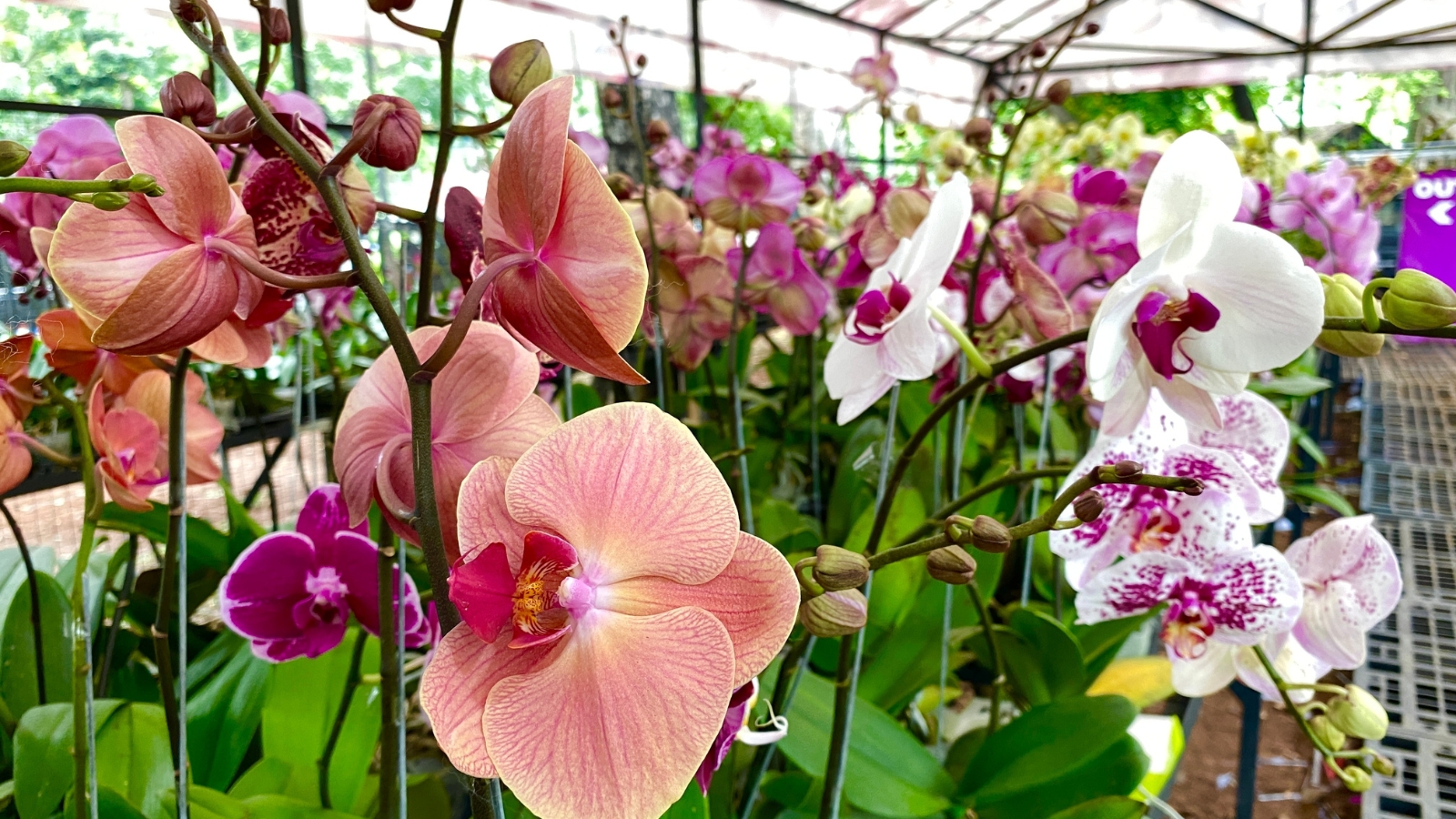

We’re going to take care of spring blooming as aim as we speak in regards to the components involved in initiating that cycle. If we function for a spring bloom, we have now to provoke the cycle inside the fall.
Considering pure seasonal shifts makes it lots clearer why and the best way diverse elements impact the cycle. Let’s take a look at adjusting our plant’s environment to impress flowering.
Time of 12 months
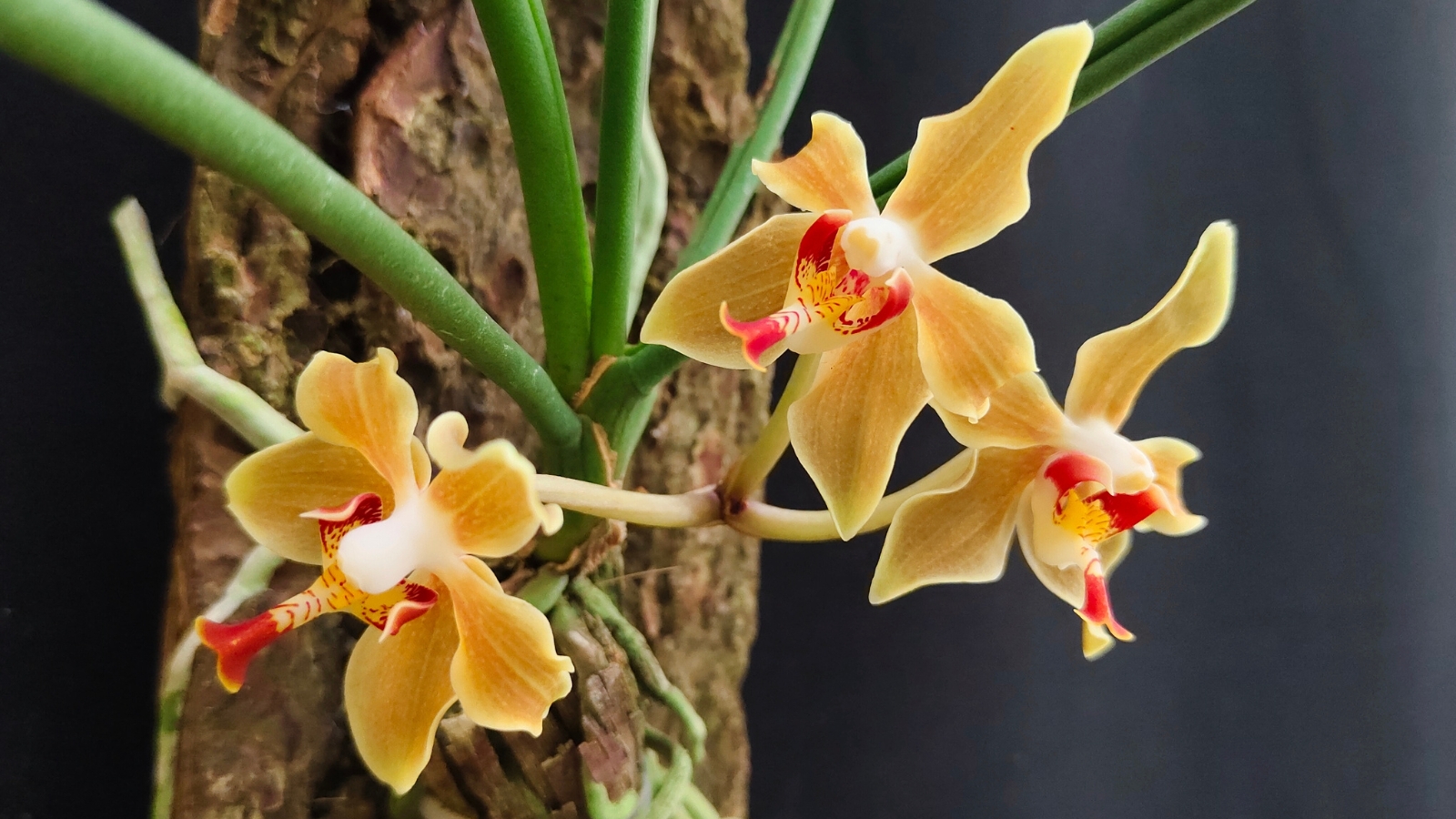

The plant’s pure conduct performs a starring place in its cultivation conduct to a giant diploma. The nearer you presumably can mimic the conditions of its native environment, the upper. This helps the plant align its habits with the time of yr and conditions it has superior to watch.
Recreating a tropical environment in your home could also be tough, so we do our biggest. Then, we’re capable of observe how the plant adapts and make modifications the place important.
That talked about, cultivated orchids can flower on the equivalent schedules and, usually, additional normally than these inside the wild. If we current the right conditions, now we have now additional administration over their bloom events.
Mild
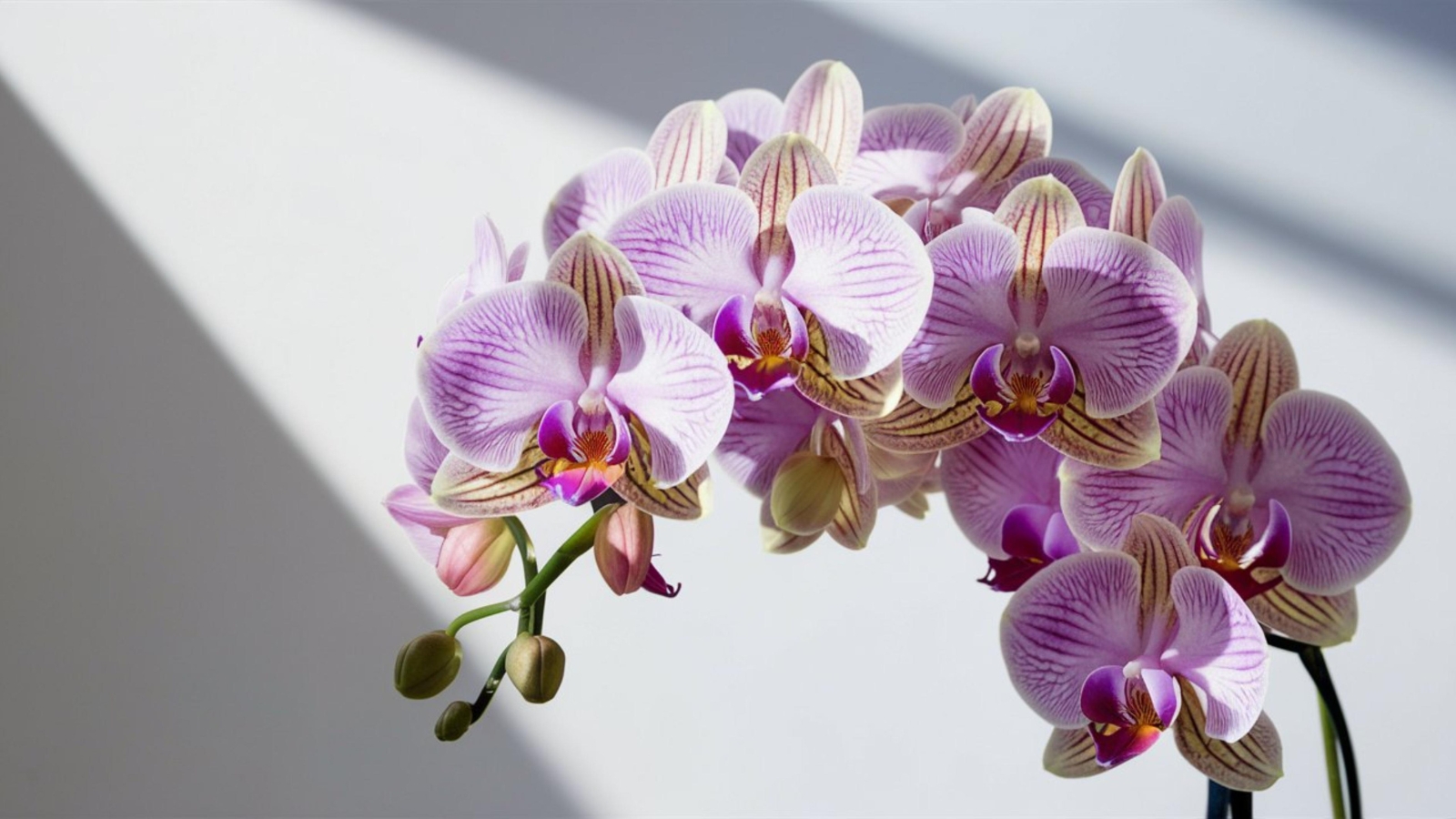

Providing your plant with the right form and amount of daylight is paramount to blooming. Most orchids don’t like direct photo voltaic, nevertheless they need varied mild to flower. Determining what sort of plant you’ve got can be important.
Some types, like phalaenopsis, select lower mild conditions. They do very properly indoors consequently. Others, like cattleyas and vandas, select some direct mild or vivid, indirect publicity all day. As a typical rule, most orchids select vivid, indirect mild for lots of the day.
So, how will in case your plant is getting adequate mild? That’s pretty straightforward, truly. Check out the leaves. Orchid leaves must be stiff and stand upright. They must be a mid-shade of yellowish inexperienced pretty than darkish inexperienced.
In case your plant produces ample darkish inexperienced improvement nevertheless reveals no indication of flowering, it’s not getting adequate photo voltaic. An extreme quantity of photo voltaic is often the offender in case your orchid leaves look bleached or scorched.
One different light-related subject inside the flowering course of is the dimension of daylight. Crops should experience mild cycles, and the size and affiliation of these cycles normally inform a plant when it’s time to begin out producing flowers.
Lastly, there is a clear path to optimum blooming nevertheless you may start by guaranteeing your orchid will get as lots pure mild as a result of it desires. The pure cycles of daylight and darkness will let the plant know when to impress flowering.
Temperature
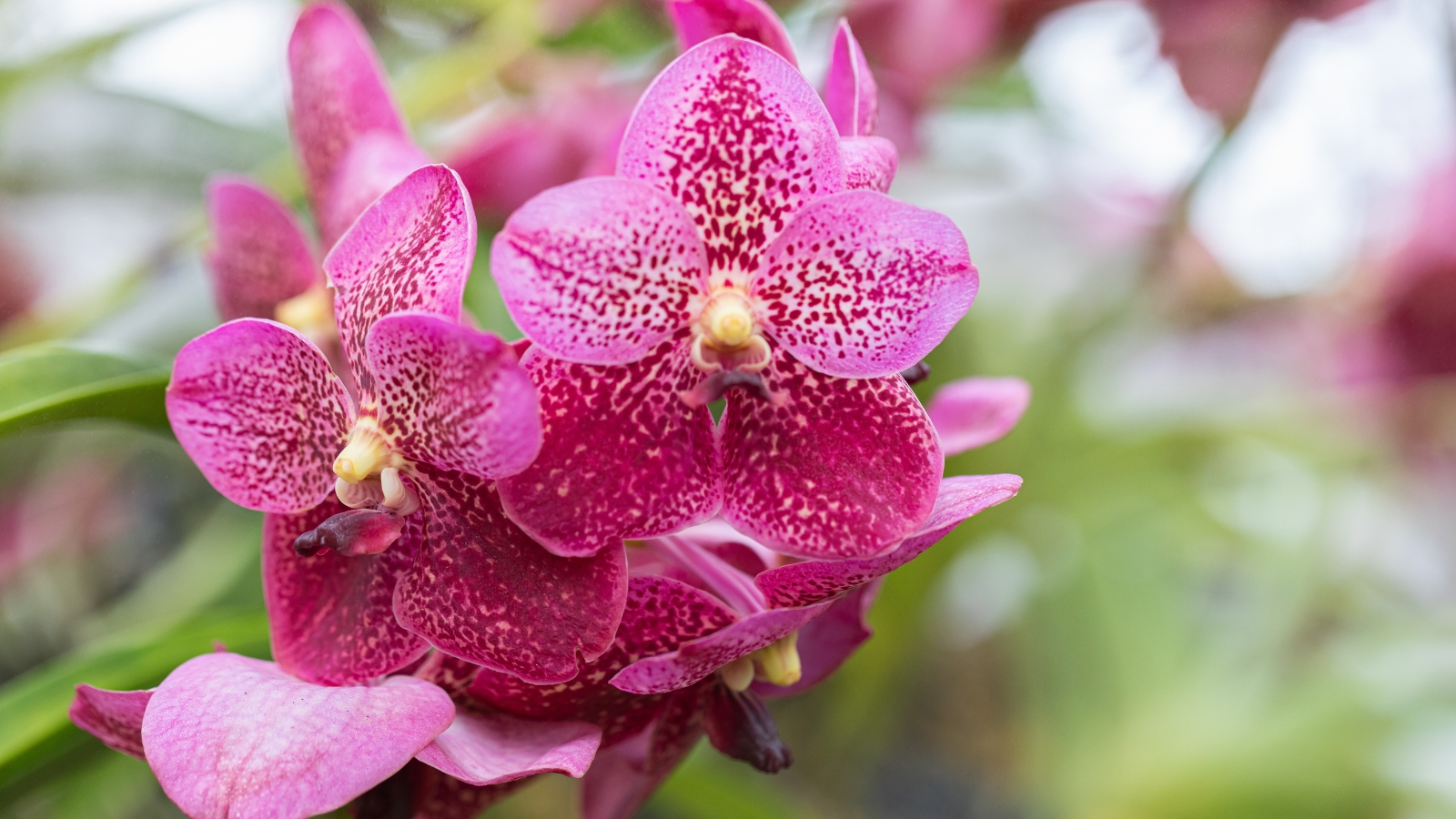

Orchids are typically cozy in temperatures very like these persons are inclined to set their thermostats to. Some, like vandas, select hotter local weather, in order that they don’t make good houseplants.
Many orchids are spring bloomers, and we’re in a position to make use of this knowledge to understand how temperature drops impact the tactic. Shorter days and cooler nights inform these crops that it’s time to begin forming a spike.
A drop of about 10 ranges at night time time is true the place it’s worthwhile to be. Now, how do you do that in a house with the thermostat set to a specific temperature? Successfully, it relies upon upon how lots effort it’s worthwhile to put in.
A straightforward approach to present your orchids a pure temperature drop is to place them open air. Purpose for nighttime temperatures inside the 55-65°F (13-18°C) differ. Pay shut consideration to the local weather because of a frost can kill your plant. The plant desires a perceptible shift between day and night time time temperatures of about 15 ranges for two to some weeks.
This shift will let the plant perceive it’s time to begin flowering. After exposing it to fluctuating day and night time time temperatures, you presumably can return it to the indoors and resume your common care routine. Whereas it is open air, you’ll want to enhance your watering frequency barely.
Nutritional vitamins
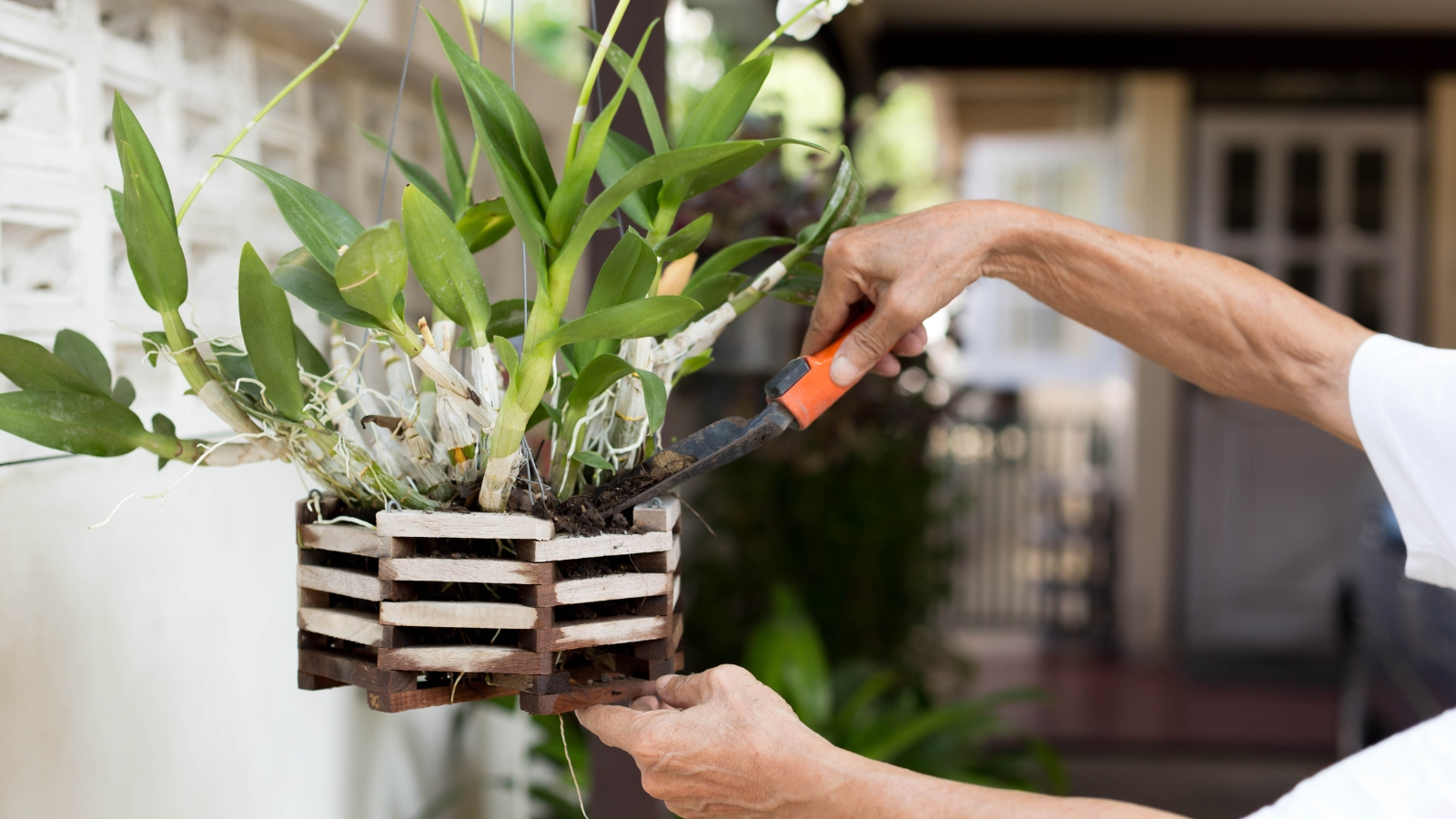

The final word piece of this puzzle is your orchid’s pretty necessary nutrient desires. Making use of fertilizer isn’t going to impress flowering; fixed nutritional vitamins assemble a extra wholesome plant over time.
These tropical beauties need fertilizer steadily to keep up them healthful. They could thrive with features of fertilizer one to 2 events month-to-month. They need frequent software program because of their potting medium lacks water or nutritional vitamins.
Within the occasion that they consistently get adequate nutritional vitamins, they’re going to have a great deal of energy when the sunshine and temperature shifts signal the flowering course of. Proceed to fertilize until the flowers drop.
Key Takeaways
The simplest strategy to encourage these beauties to bloom is to mimic the shifts of their pure environment. They’ve tailor-made to these conditions over prolonged durations of time. Your orchid will flower biggest when its inside clock says that the time is true!
[ad_2]
Provide hyperlink
